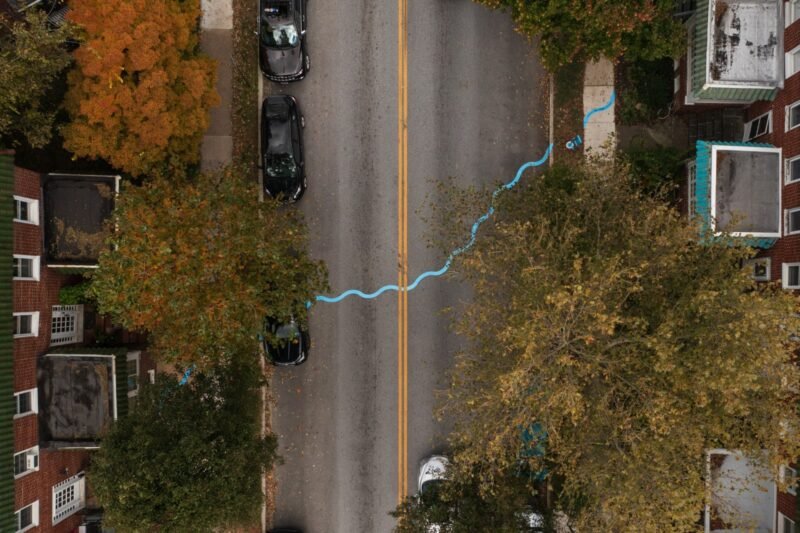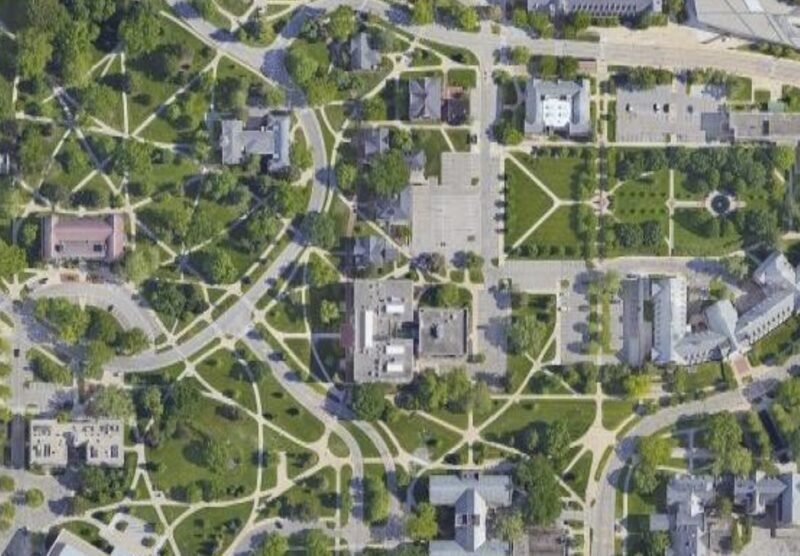‘Hello Lamp Post!’ Enables Passers-By To Talk With Street Furniture
This summer the undulating roads of the British city of Bristol will quietly undergo a change. Unseen to the passer-by, the postboxes and lamp-posts, storm drains and man-hole covers that litter the streets will steadily be vitalised with powers of speech. People will begin to be able to greet the objects they encounter via text, and converse with them about the area in which they ‘meet’. All the information gathered from the exchanges will be stored, moderated and then fed back to others — meaning that dialogues and games, tips and stories can be shared amongst the residents of Bristol.
Paranormal as it might sound, this magic’s existence has a rather pedestrian genealogy. Stamped on every municipal object, be it bollard or bus stop, is a code, used by authorities to carry out maintenance. It is these pre-existing codes that PAN, an experiential design studio from London, constructed their project around, going on to win the £30,000 prize of Watershed’s Playable City Award as a result.

Using this inbuilt web of codes, designed to ensure a city’s efficacy and order, the PAN designers wanted to introduce a simultaneously ludic and interactive quality to the urban space. “Ultimately it’s about people sharing ideas and playing together,” explains Ben Barker, co-founder of PAN. “If we can make utilities human, and soften the way people interact with them, then that would be a great achievement… as would people having better and more regular interactions in the city”.
The future certainly seems to brim with potential for the project. Inherently flexible in its design, the possibilities the team envisage are ever-evolving. There is the capability, for instance, for regular players to be ‘recognised’ by the objects they converse with, meaning their encounters will alter and develop. Equally, the more people play, ‘tagging’ locations with information and ideas, the more the system will grow: “We imagine the system evolving to have an increasingly distinct personality” remarks Ben, pointing out that as it is used, it will take on the character and quirks of the city and its inhabitants. Equally, the project is in no way exclusive to Bristol or even the UK. The code-recognition system can be implemented pretty much anywhere in the world; all it relies upon is an existing infrastructure and you — the passer-by — wishing to say hello. From there, the avenues are endless.



